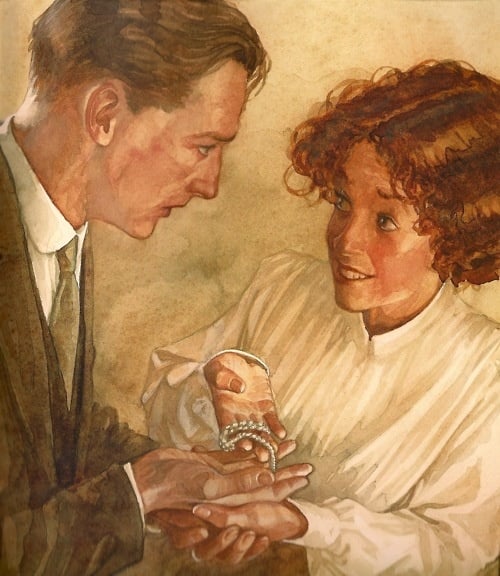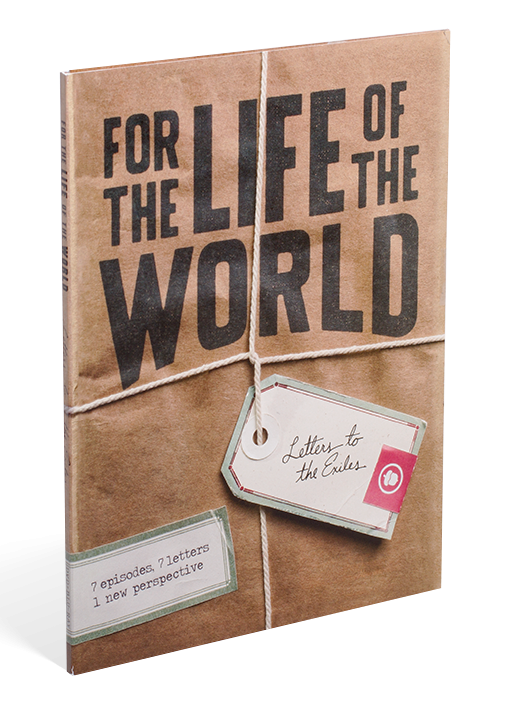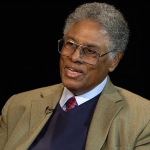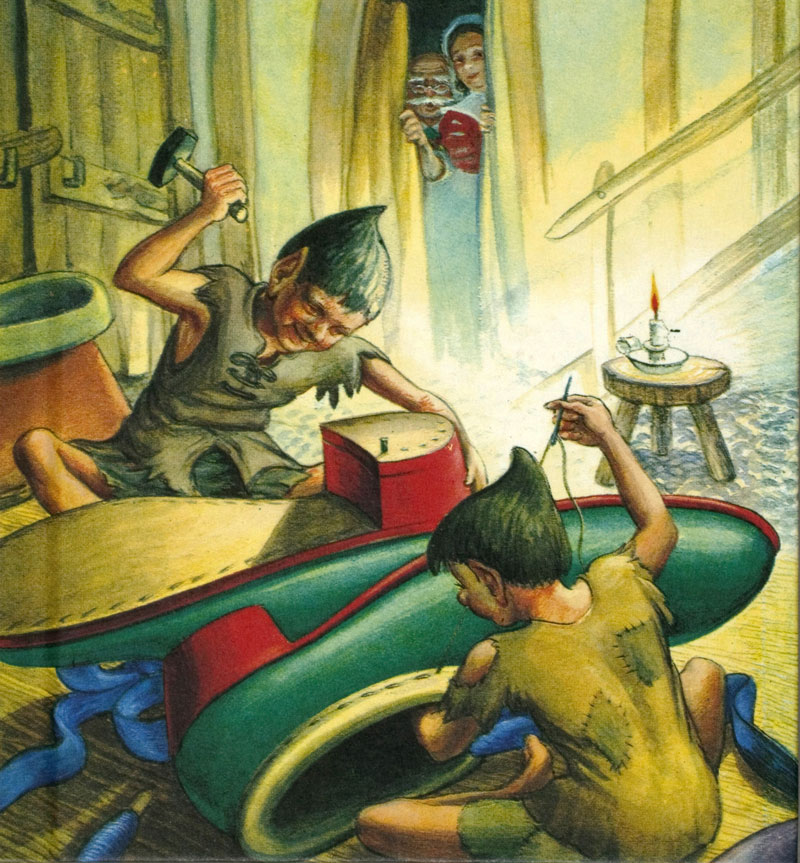By Joseph Sunde
 Amid the wide array of quaint and compelling Christmas tales, O. Henry’s classic short story,“The Gift of the Magi,” continues to stand out as a uniquely captivating portrait of the power of sacrificial exchange.
Amid the wide array of quaint and compelling Christmas tales, O. Henry’s classic short story,“The Gift of the Magi,” continues to stand out as a uniquely captivating portrait of the power of sacrificial exchange.
On the day before Christmas, Della longs to buy a present for her husband, Jim, restlessly counting and recounting her measly $1.87 before eventually surrendering to her poverty and bursting into tears. “Only $1.87 to buy a present for Jim,” the narrator laments. “Her Jim. Many a happy hour she had spent planning for something nice for him. Something fine and rare and sterling—something just a little bit near to being worthy of the honor of being owned by Jim.”
Wishing to buy him a new fob chain for his gold watch — his most valuable and treasured possession — Della decides to sell her beautiful brunette hair — her most valuable and treasured possession. “Rippling and shining like a cascade of brown waters,” Della’s hair was so long “it made itself almost a garment for her.” And yet, shedding but a “tear or two,” she goes through with it, trading her lovely hair to secure the $20 needed to buy a present for Jim.
Rushing to find just the right chain, Della scours the village market until she finds the perfect match. “There was no other like it in any of the stores,” the narrator explains. “It was like him. Quietness and value—the description applied to both.”
Later that evening, waiting anxiously for Jim to come home, Della tries to make her newly chopped hair look presentable. When Jim finally arrives, he looks at Della’s short hair and is stunned, proceeding to offer up the gift he himself had been busy purchasing for her:
For there lay The Combs–the set of combs, side and back, that Della had worshipped long in a Broadway window. Beautiful combs, pure tortoise shell, with jewelled rims–just the shade to wear in the beautiful vanished hair. They were expensive combs, she knew, and her heart had simply craved and yearned over them without the least hope of possession. And now, they were hers, but the tresses that should have adorned the coveted adornments were gone.
Filling out the comic irony, we learn how Jim afforded such a thing: by selling his prized gold watch. “Dell,” he says, “let’s put our Christmas presents away and keep ‘em a while. They’re too nice to use just at present. I sold the watch to get the money to buy your combs.”
The two had sacrificed their greatest treasures — wealth that Della didn’t even know she possessed — to lavish gifts on those they loved. And thus, O. Henry concludes the tale:
The magi, as you know, were wise men—wonderfully wise men—who brought gifts to the Babe in the manger. They invented the art of giving Christmas presents. Being wise, their gifts were no doubt wise ones, possibly bearing the privilege of exchange in case of duplication. And here I have lamely related to you the uneventful chronicle of two foolish children in a flat who most unwisely sacrificed for each other the greatest treasures of their house. But in a last word to the wise of these days let it be said that of all who give gifts these two were the wisest. O all who give and receive gifts, such as they are wisest. Everywhere they are wisest. They are the magi.
But although the story itself centers on sacrifice and gift-giving in the typical Christmas context, the power bound up in its central irony is actually echoed and imitated across our lives in more ways than we typically acknowledge. If “all is gift,” as Evan Koons discovers in For the Life of the World: Letters to the Exiles, and if we are called to render these gifts to neighbor and thus to God across all spheres of life — in our families, work, creativity, and worship — how many of these opportunities linger in our day-to-day lives?
Indeed, we often participate in such exchanges without even knowing it. We show up to work and yield our time, talent, and energy in the service of God and neighbor, receiving our own share of blessings in turn, from the paychecks we receive to the cars we drive to the gas that fills them to the food we purchase to the love and support and wisdom we’re given by friends and family and the communities that surround us. Exchange is everywhere all the time — others-oriented investment and sacrifice is being met by others-oriented investment and sacrifice — creating webs of human relationship and collaboration that have the potential to generate mighty waves of love, generosity, charitability, creativity, and whole-life flourishing, economic, spiritual, and otherwise.
The challenge, then, is to not take it for granted — to know and appreciate it, yes, but further, to actively respond to God’s call toward service in all that we do. To create and innovate, invest and reap, trade and exchange, and do so for the glory of God, not ourselves. To enter the workplace not just to make a buck or to gain status and comfortability, but to give of our talents, gifts, knowledge, and wealth in active obedience to the voice of the Holy Spirit.
 As Evan Koons concludes at the end of Episode 3 of FLOW, God gave us a “gift nature” not that we might plod along as cogs in some grand machine, but that we might participate in God’s movement of divine generosity and vast abundance:
As Evan Koons concludes at the end of Episode 3 of FLOW, God gave us a “gift nature” not that we might plod along as cogs in some grand machine, but that we might participate in God’s movement of divine generosity and vast abundance:
Jesus commands us not to be anxious about our needs, so then why do we toil? Merely to tend our bodies? Or also to shape our souls? In giving us work, God invites us to blend the creativity of our minds with the labor of our bodies and then to share the products of this work with one another in free exchange —to make real our communal nature, our gift nature, through our personal callings. We must never see our work as simply a way to gain. We must never see our labor as an impersonal force of efficiency. We must never see our work merely as a mechanism we might control with levers and switches of power.
All our work together, what we call the economy, that’s not a machine, either. Work is always personal, because work is always relational…So let us cherish our work as the glorious gift it is — the opportunity to join with others, literally millions of others, in a divine project of vast creativity, vast abundance for the meeting of needs, for the flourishing of cities, for the life of the world.
We, like Della, Jim, and the Magi before them, can wake up each and every day, grateful and eager to bear what O. Henry so poetically refers to as “the privilege of exchange.”
“O all who give and receive gifts, such as they are wisest. Everywhere they are wisest.”
(Originally published at the Acton PowerBlog)












